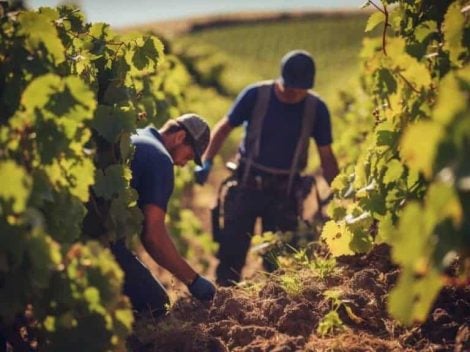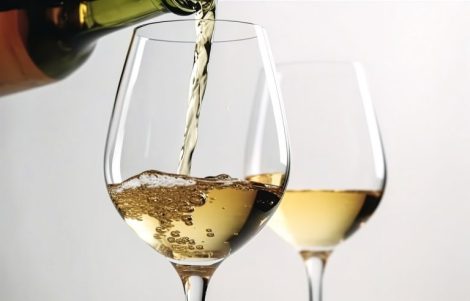Cheap as chips: affordable like potatoes. It's one of the most popular British sayings, to underline the easy availability of this product, symbol of the British working class, especially in combination with battered fish fillets. Affordable, practical and tasty, fish and chips is one of the most famous specialties of the United Kingdom, initially meal of the working class and then exceptional street food sought after by all tourists. But how was the recipe born?
Fish and chips: birth of the chip
There are many legends regarding the origins of this dish. Starting with chips, (don't call them French fries!), which began to spread during the 17th century in Belgium and France, nations that historically compete for the paternity of this tasty side dish. A product that seems to have been born - as it often happens - out of necessity: the most accredited theory, in fact, is the Belgian one, which sees chips invented to replace fried fish during the winter, when the Meuse river would freeze over and making it impossible to fish. Thus, women began to cut potatoes lengthwise, trying to shape them like fish.
Fish and chips: the fried fish
In the same period, battered fish, introduced by Jewish refugees arriving from Portugal and Spain, appears for the first time in Great Britain. A dish that was immediately conceived as street food, served by street vendors on large trays slung around their necks, and which achieved immediate success. Democratic and affordable, battered fish could be appreciated by anyone, even by the less affluent. Charles Dickens also talks about it in "Oliver Twist" (1837), referring to a "fried fish warehouse", one of the first fried fish shops of which there is written testimony.
Fish and chips, a perfect match
It's again Dickens who describes the ingredients served together, from bread to baked potatoes. It remains a mystery, however, who the creator of the fortunate and longest-lived marriages of British cuisine, who put together chips and battered fish. Northern and Southern England have long claimed the origin of this winning combination, but so far no certain written trace has yet been found.
Origins of the recipe, from Lancashire to East London
According to legend, it was a well-known Northern entrepreneur, John Less, who first created the dish at Mossley Market in Lancashire, in the second half of the 19th century. But there are those who, again, trace everything back to Jewish immigrants: in particular, to Joseph Malin, an East London resident, who in 1860 purportedly opened the first fish and chips kiosk.
Fish and chips: symbol of the working class
Beyond its origins, fish and chips is a specialty that immediately received accolades by many, especially those belonging to the working class, for whom it represented a tasty alternative to the usual modest dishes that were always the same in the daily diet. The kiosks then began to spread throughout the country, and soon became a fundamental part of Victorian England, like trains and factories.
Reaching Scotland and Ireland
This is a story that's also intertwined with that of Italian migrants: it was they who, in fact, identified the potential of this dish, envisioning the possibility of doing business and thus first opening stores in Scotland, Wales and Ireland, as well. In particular, legend has it that a certain Giuseppe Cervi, in the late 19th-century Dublin, first began selling fried fish and roasted chestnuts, a combination that was not too successful and was soon replaced by fish and chips.
Fish and chips during wartime
Surviving even the most difficult of times, battered fish and fried potatoes became one of the few foods not rationed during WWII. No restrictions, on the contrary: it always represented a lifeline for the country in times of famine, as George Orwell also explains in his "The Road to Wigan Pier" of 1937, in which he describes the dish as one of those comforts foods that helped keep the crowds alive, active and happy, thus to "avoid the revolution".
Newspaper cones
But let's talk about the actual dish. Crisp, non-oily, melt-in-your-mouth, succulent: this is how battered fish should be, made with fillets of cod or dried cod. In combination with potatoes cut into thick wedges, soft and served in generous amounts. Traditionally (and until the 1980s), fish 'n' chips was served in newspaper sheets, now replaced with kitchen paper, often decorated with the typical newspapers print, recreate the image of the past.
Pairings
As seasoning, traditionally vinegar and salt, or various sauces, such as ketchup or horseradish, or a sauce similar to mayonnaise but enriched with gherkins, capers and tarragon. Often, it's also accompanied with the pea puree known as mushy peas, a thick and pasty green spread.
Where's the best fish 'n' chips found
There may be controversy regarding its origins, but the one detail the British unanimously agree upon is that the best fish and chips is enjoyed on the beach, in the typical paper cone, walking along the shore and inhaling the scent of the sea. It's a common opinion, in fact, that fish and chips is a typical London dish, but in reality there are very few quality places for it in the British capital.
To find valid products, it's good to go beyond the confines of the city, sometimes even beyond English borders.
National Fish and Chips Awards
There is a national competition in the United Kingdom: each year the National Fish and Chips Awards reward the locals who offer the best fish and chips in the country. Winning last edition of 2019 was Krispies Fish & Chips in Exmouth, Devon, followed by Captain's Fish and Chips by Hoddeson, Hertfordshire and Low's Traditional Fish & Chips in Westhill, Scotland.
The 10 best fish and chips in Britain 2019
- Krispies Fish&Chips, Exmouth (Devon)
- Captain’s Fish and Chips, Hoddeson (Hertfordshire)
- Low’s Traditional Fish&Chips, Westhill (Scotland)
- Angel Lane Chippie, Penrith (Cumbria)
- Dolphin Takeaway, Dungannon (County Tyrone)
- Harbour Lights, Falmouth (Cornwal)
- Mister C’s, Selby (North Yorkshire)
- Olley’s Fish Experience, Herne Hill (London)
- Papa’s Fish and Chips, Cleethorpes (Lincolnshire)
- The Crispy Cod, Tonyrefail, Rhondda Cynon Taf (Wales)
by Michela Becchi

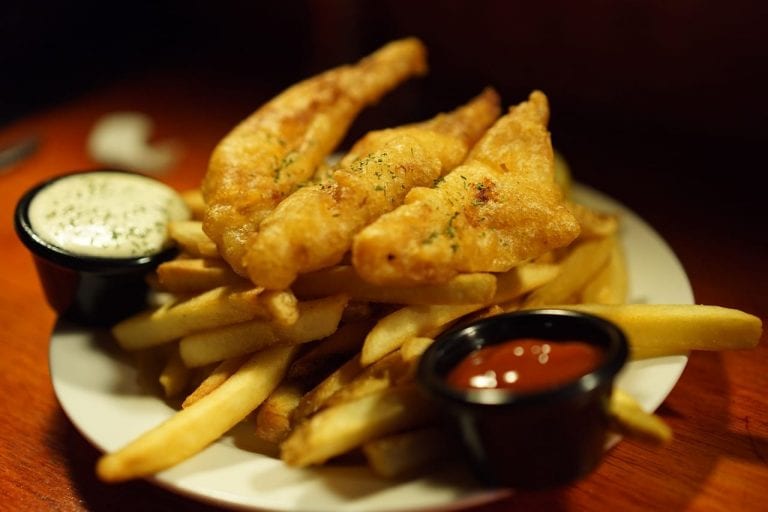
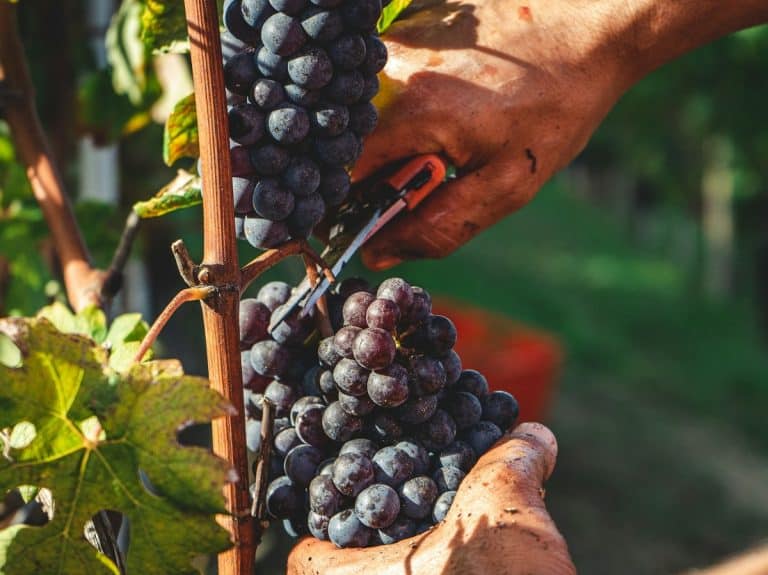 Wine promotion, vineyard uprooting, and support for dealcoholised wines: the European Commission's historic compromise on viticulture
Wine promotion, vineyard uprooting, and support for dealcoholised wines: the European Commission's historic compromise on viticulture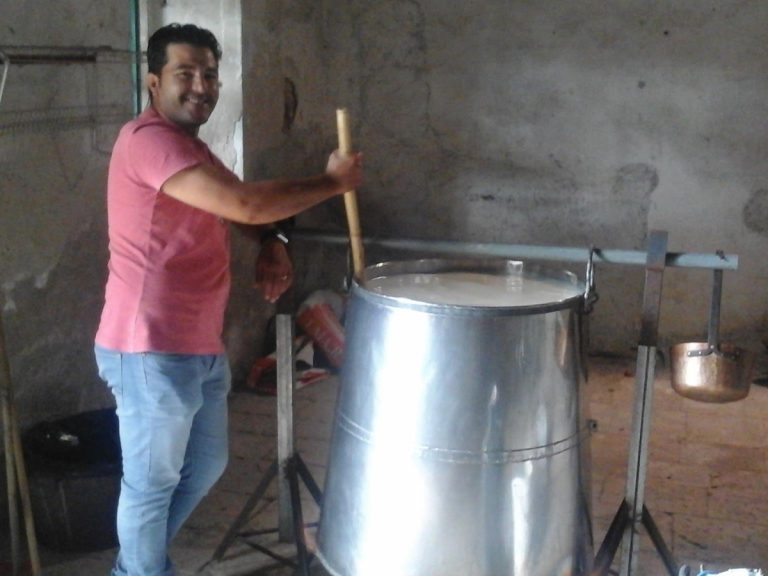 A small Sicilian farmer with 40 cows wins silver at the World Cheese Awards
A small Sicilian farmer with 40 cows wins silver at the World Cheese Awards Women are the best sommeliers. Here are the scientific studies
Women are the best sommeliers. Here are the scientific studies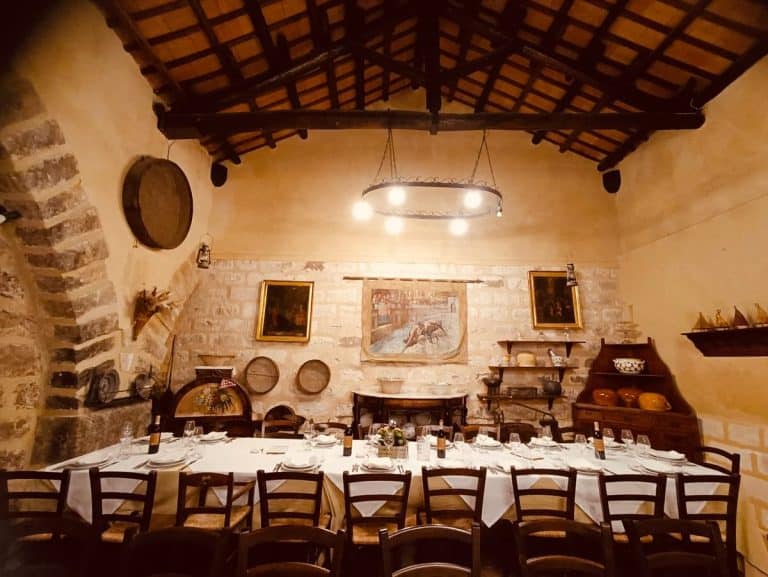 Where to eat at a farm stay in Sicily: the best addresses in the Provinces of Trapani, Palermo, and Agrigento
Where to eat at a farm stay in Sicily: the best addresses in the Provinces of Trapani, Palermo, and Agrigento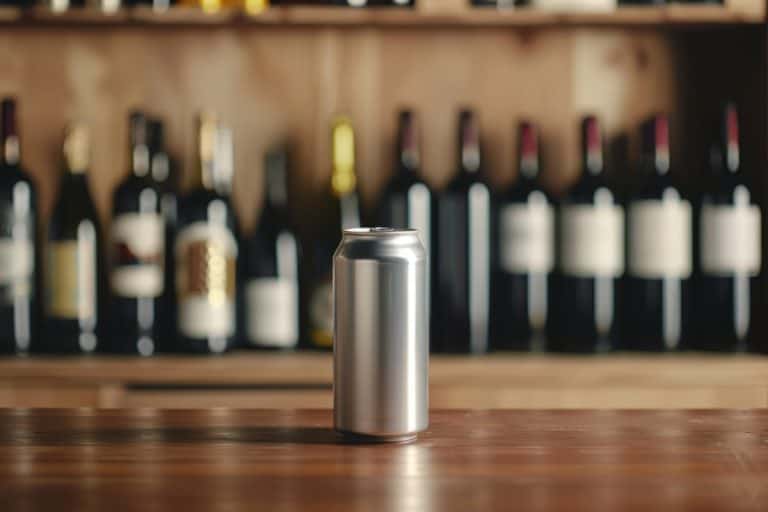 Wine in cans, bottle-fermented, and alcohol free: the unstoppable change in Gen Z’s tastes
Wine in cans, bottle-fermented, and alcohol free: the unstoppable change in Gen Z’s tastes

